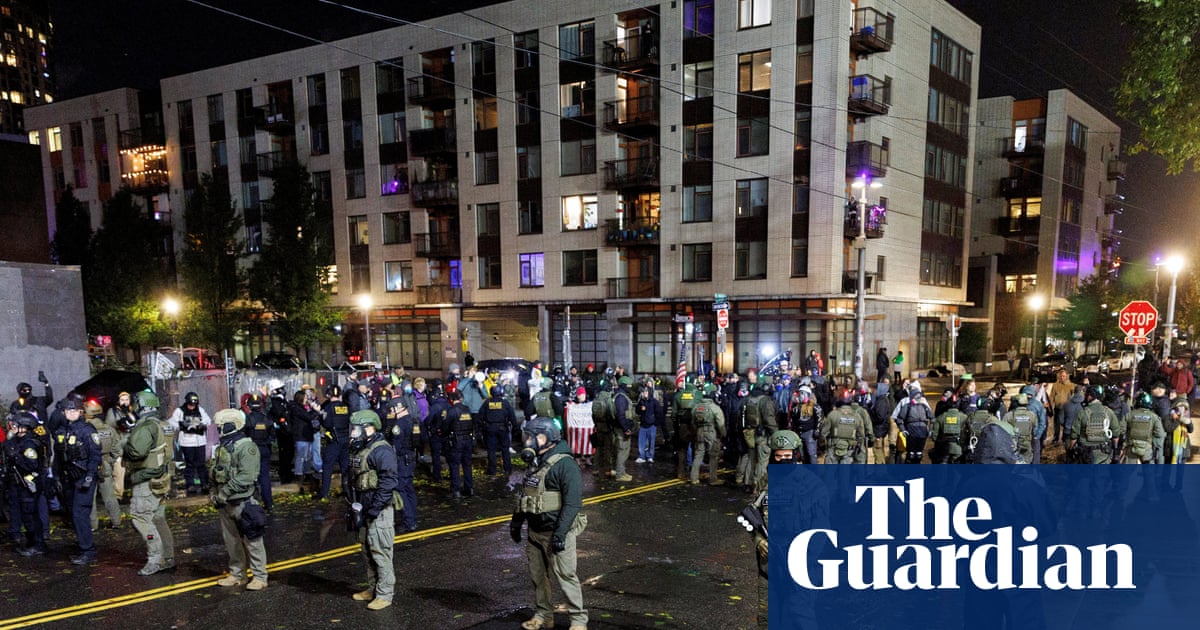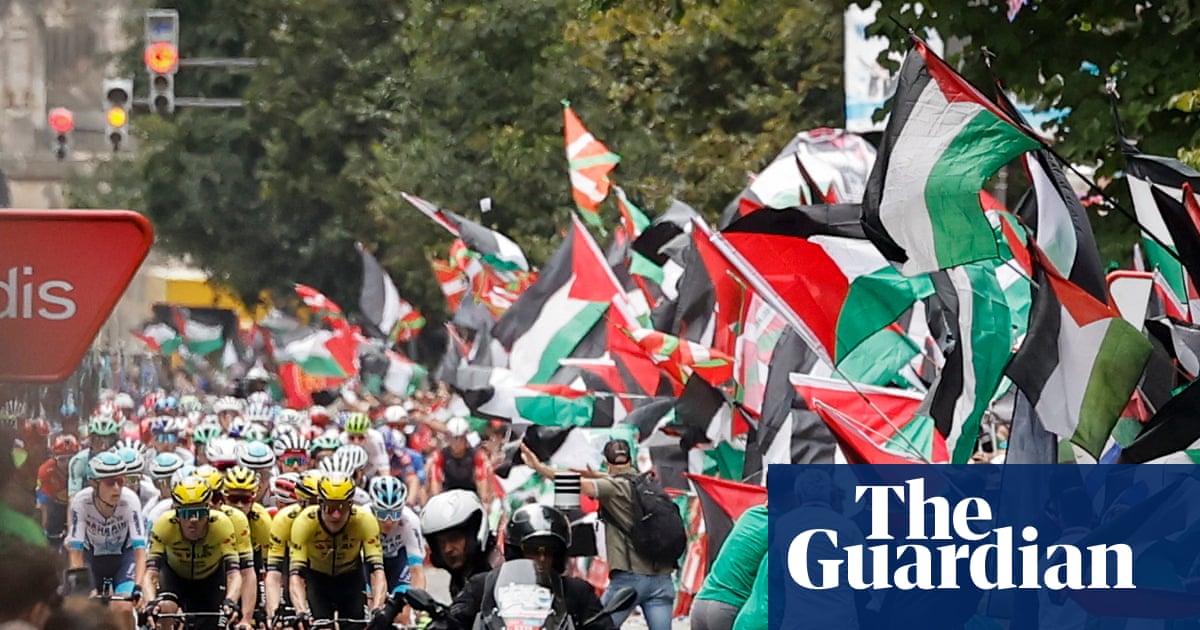John Burnside died in May 2024, aged 69. In life, he was almost preternaturally prolific. He started late – his debut, The Hoop, didn’t appear until he was in his early 30s – but with that first poetry collection a dam was breached; over the next three and a half decades, he published at the rate of nearly a book a year.
His output was eclectic: 17 collections were interspersed with novels (notable among them the ravishing A Summer of Drowning, set in far-north Norway under a luminescent midnight sun) and a trio of bleached and harrowing memoirs that laid bare the catastrophe and disintegration of his early life. But he was a poet first and foremost, a poet in his heart. To read his poetry is to feel, just for a moment, as if the world’s edges have been pushed back; as if, by standing beside him, you too can see further and more clearly. The shock of his final collection isn’t that it exists; it’s no surprise at all to hear him from beyond the grave. Rather, it’s the realisation that, after the astonishing generosity of these last decades, what we have in our hands really are his final words.
It’s our great good fortune, then, that Burnside’s closing work is also one of his finest. The poems are few in number – just 19 – but there’s no impression, often present in posthumous collections, of a structure hastily assembled out of ill-fitting parts. In fact, The Empire of Forgetting is marked both by its coherence – thematic, imagistic and linguistic – and a sense of its fitness. These are poems that deal directly and almost exclusively with mortality.
This isn’t, of course, new territory for Burnside: his poetry has always been death-haunted, peopled with ghosts. But here the focus has shifted, from the general (loss, religion, afterlife, decay) to the specific. The whole collection is an anticipation of, a grappling with, his own death: “the darkness-to-come”.
In a handful of the poems, he appears to meet the matter head-on. Last Days, with its mentions of “hospice” and funereal “white chrysanthemums”, offers a vision of “starlight at the far end of the ward / where time has stopped, the way it sometimes stops / in theatres, when the actors leave the stage”. A little further on, in As If from the End Times, he picks up the word “last” (which sounds like a bell throughout the collection) and weaves it through the poem, most plangently in the elegiac central stanza, which describes “Last day of birdsong; salt rain in the trees; / the echo of someone going about / their business, making good or making hay / – you never know for sure, although you know / that something here is coming to an end”. But for the most part, his impending mortality is considered more obliquely, through the twin lenses, familiar to Burnside-watchers, of nature (damaged, depleted, but still sublime) and memory.
It is memory – and its shadow, forgetting – to which Burnside keeps circling back in this collection, the space that it takes up here offering a clear and poignant mirror of the space it takes up in our lives as we move past middle age. His mother and father, both frequent presences in his work, take the stage again: the former a locus of endless longing; the latter a baleful “trail / of Players No 6 and coal-tar soap”.
Burnside’s writing, particularly in his memoirs, is dominated by his father’s bitter legacy, but as he himself draws nearer to the end, it is his mother to whom he turns. In the heart-catching title poem, he leans into poetry’s ability to efface time, locating the pair of them in a soft-lit, sweet-scented version of his childhood. “What if my mother walked home in the grey of morning, one last day”, he writes, going on to imagine a reunion that is almost epiphanic, a “momentary // halcyon of everyone / together, voices, singsong in the dark”. To Burnside the afterlife isn’t a voyaging out, but a voyaging in: a route back into the lost past.
And this past, when he conjures it, is marked by its externality: it’s not the houses and furniture of memory that he craves, but the seasons, the “evening dusk”, the “quince, or damson, strafed into the grass”, “the field where, once, / we played Dead Man’s Fall”. The purity and clarity of nature in the past is counterpointed by the present: “a ruined / thicket, sump oil / rotting in the grass, a spill / of Roundup in a rut of mud and dock”.
This is the Burnside we know: attentive to the degradation of nature; staring it in the face and obliging us to stare at it, too. But in his final collection, more often than not, it’s the beauty that possesses him. These are poems filled with songbirds, orchards, “birch woods”, litanies of flowers (“foxgloves, purple / loosestrife, sprawls / of clematis”). The weather is beneficent: sunlight filters, snow drifts and blankets, frost “performs its secret ministry”, there’s the sound of “small rain in the leaves”. The world we see here, through the eyes of a poet at the end of his life, is almost unbearably beautiful – which makes the leave-taking unbearable too.
At the heart of the collection is The Memory Wheel, in which Burnside imagines his way into death, and in doing so comes close to writing an epitaph for himself. The poem concludes on the image of a memory: of “those mornings / when we shivered from our beds / and lit a fire / to magnify the dark”. If Burnside’s poetry – all his writing, but his poetry most powerfully of all – can be summed up, it might be like this: a bright light, an illumination that, in its beauty, reveals the depth of the darkness that surrounds us.
It’s impossible not to love the world more when reading Burnside, and impossible not to be more scared and saddened while doing so. He was the ideal laureate of our age, painfully alive to the glory of what we’re losing. Now we’ve lost him, our Anthropocene spirit guide. A light has gone out.

 3 months ago
108
3 months ago
108

















































